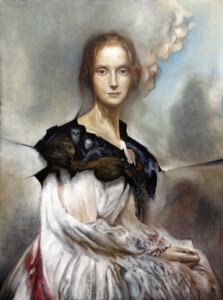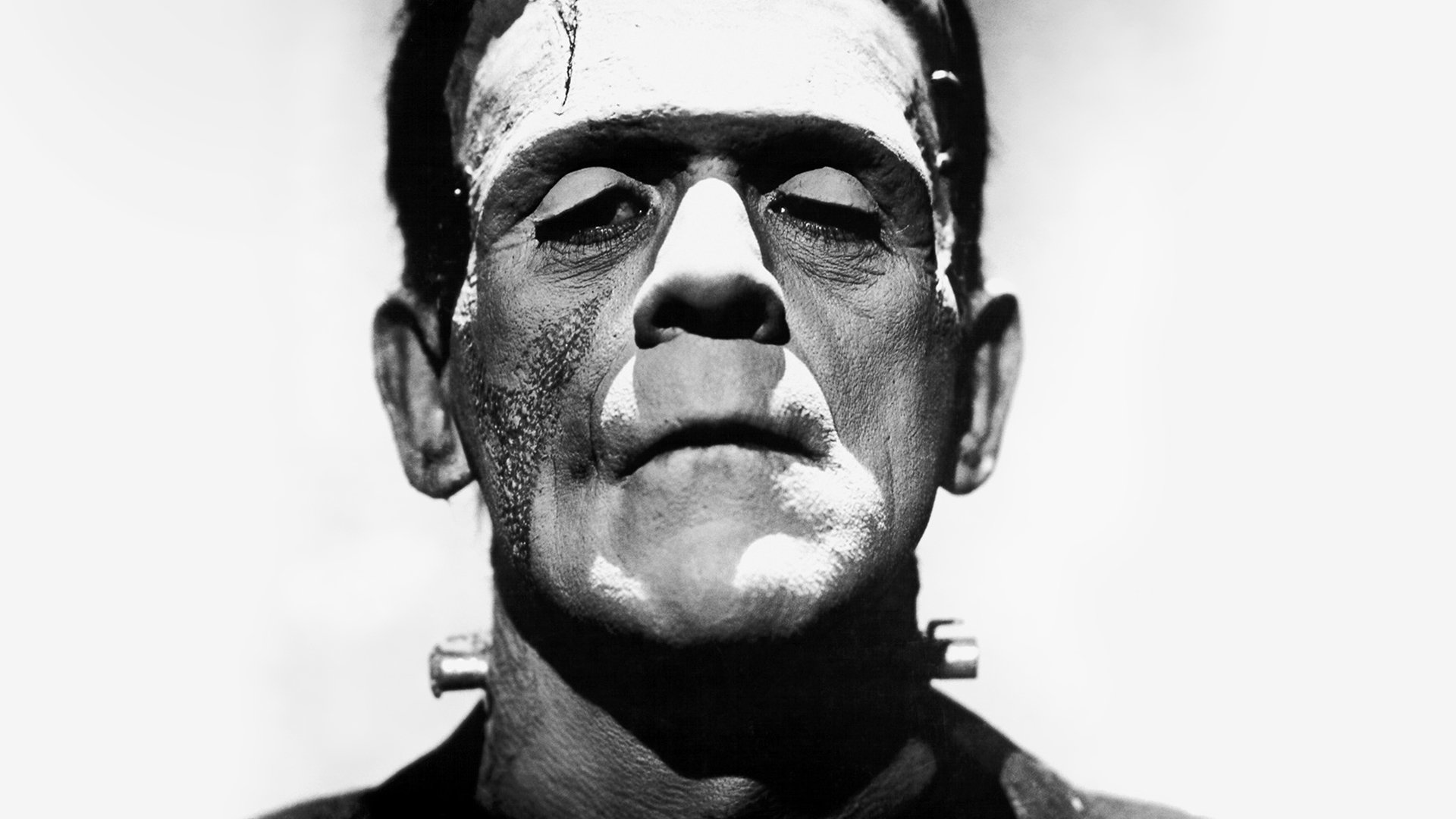Happy Birthday, Frankenstein!

2018 is the 200th anniversary of the publication of Mary Shelley’s Frankenstein; or, The Modern Prometheus, and although calling anything an “immortal creation” sounds like a cliché it seems uniquely apt in this case. Shelley tapped into something fundamental, fusing elements of the ancient Greek myth of Prometheus and John Milton’s early-modern epic Paradise Lost with 18th-century enlightenment thinking, 19th-century romantic poetry, and then-contemporary ideas about natural philosophy and scientific thought. Shelley wrote it on a dare, and what she thought was a ghost story became instead what some argue is one of the first science-fiction novels and the progenitor of the modern horror novel.
Trouble is, it’s just not very scary. Shelley’s novel offers many pleasures, but fulfilling the horror-movie expectations of the modern reader isn’t one of them. My goal in writing my stage adaptation was to be faithful to Shelley’s themes, structure, characters, mood, setting, and literary sensibility — while at the same time giving audiences some of the dread and horror they’ve come to expect from something called Frankenstein. In other words, I tried to blend George Bernard Shaw with Stephen King.
Though I didn’t write a comic spoof (which may surprise those who know me better as the co-author of nine (and counting) Complete (abridged) comedies for the Reduced Shakespeare Company), there are definitely moments of humor, some of it coming directly from Shelley’s highly intelligent characters, including — and possibly even especially — her Creature. The “birth,” development, and incredible literacy of Victor Frankenstein’s creation is moving, funny, powerful, and scary, as well as being a big surprise for audiences who only know this story through its many movie versions. With great intelligence comes great wit, and with great tension comes great release, either in the form of a laugh or — as in a horror story — a scream. Sometimes both.
Shelley’s slim novel contains themes and ideas that can support multiple interpretations. I hope my adaptation is faithful enough to Shelley’s spirit to allow actors, directors, and designers plenty of opportunity to create their own examinations of Shelley’s themes and ideas, and that it adds to the slim but growing library of horror and science-fiction plays.
200 years on, and for probably centuries more, Mary Shelley’s immortal creation lives.
